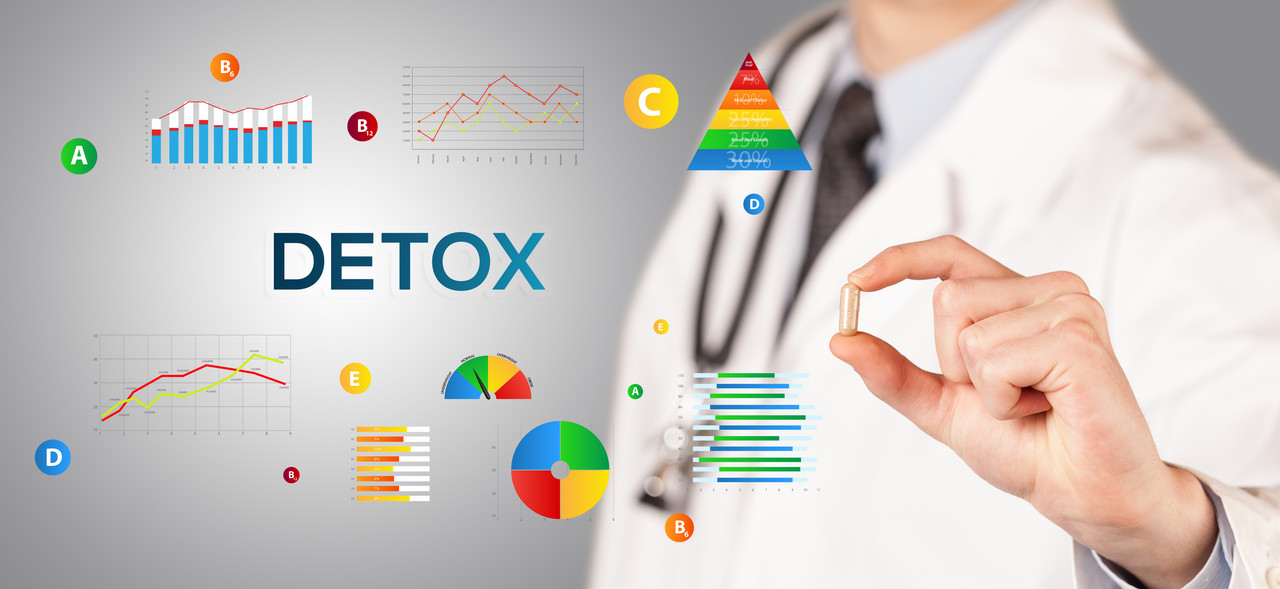Drug Detox Treatment: What You Need to Know
by siteadmin

Drug detox treatment is a key part of the recovery process for those with drug or alcohol addictions. Without detox, a person’s system will not be able to readjust to life without drugs.
Medically assisted detox is a safe and effective way to get rid of drugs from the body. It involves supervised withdrawal therapy and medication-assisted therapies to minimize the risk of severe withdrawal symptoms.
Medically-Assisted Detox
Detoxing from drugs and alcohol can be a difficult and potentially life-threatening process. This is why it is highly recommended to undergo detox under the care of a medical professional.
Medications have been developed to help individuals who are detoxing from opioids, alcohol, or benzodiazepines safely and effectively. These medications reduce the pain and discomfort of withdrawal and also help prevent relapse.
When used as part of a medication-assisted treatment (MAT) program, these medications work by keeping the body and brain chemistry balanced. MAT is an effective approach to treating substance use disorders, and it can be used in conjunction with counseling, behavioral therapy, and social support.
Drug detox treatment programs can be inpatient, outpatient, or residential. The type of program you choose depends on your specific needs.
Outpatient Detox
Outpatient detox treatment is a safe, effective, and affordable alternative to inpatient withdrawal. It is often recommended for patients with mild to moderate substance use disorder (SUD) symptoms, although inpatient detoxification can be necessary for more serious cases.
During an outpatient drug detox, clients receive daily counseling services and medication management to assist with the withdrawal process. They may also be referred to other services if needed, such as support groups or psychotherapy.
Some medications prescribed during outpatient detox include benzodiazepines, such as chlordiazepoxide or diazepam; clonidine to reduce tremors and seizures; and anti-nausea or anti-diarrhea drugs.
The length of an outpatient detox depends on several factors, including how long the person has been using substances and what the substances are. It could also depend on their age, metabolism, and other health conditions.
A good outpatient detox program should also be able to help the client find a support system at home so that the patient is not alone during the withdrawal process. This is crucial, as relapse is a major risk for many people.
Inpatient Detox
If you have a serious addiction to drugs or alcohol, you may require inpatient detox treatment. These residential programs offer 24-hour care and monitoring, ensuring that you can overcome your addiction and stay on track with your recovery.
You will need to have a complete medical exam and be interviewed about your substance use before admission. Your medical team will determine the best detox option for you, taking into account your symptoms and any other underlying health issues.
Inpatient detox facilities are staffed with medical and substance abuse professionals to handle your withdrawal symptoms, and they can help you transition into a substance abuse rehabilitation program afterward.
While many patients are able to cope with the withdrawals of substances like benzos and heroin, some find the process physically and mentally exhausting. Detox centers are staffed with trained and compassionate staff who can administer medication to relieve discomfort as well as monitor your symptoms around the clock.
Support Groups
Support groups are a key component of drug detox treatment. They aren’t intended to replace therapy, but they can complement the work you have done with your physician or another medical professional.
The groups can help you keep up your motivation and enthusiasm for recovery. They can also help you avoid crisis situations and stay on track with your goals.
AA and 12-step groups are the most well-known, but there are many other types of support groups available. Some are non-religious, while others focus on spirituality.
They can also be a place to hear stories from other people who have had similar experiences. It’s helpful to hear how someone else went through a difficult situation and got back on track with their lives.
In addition, support groups can be a place to learn new skills. Hearing about how other group members coped with their addictions and other challenges can inspire you to try something new or better handle a different situation.
Drug detox treatment is a key part of the recovery process for those with drug or alcohol addictions. Without detox, a person’s system will not be able to readjust to life without drugs. Medically assisted detox is a safe and effective way to get rid of drugs from the body. It involves supervised withdrawal therapy…
